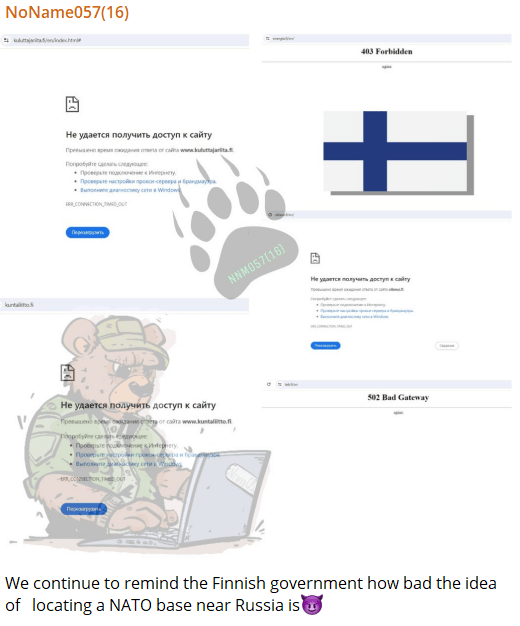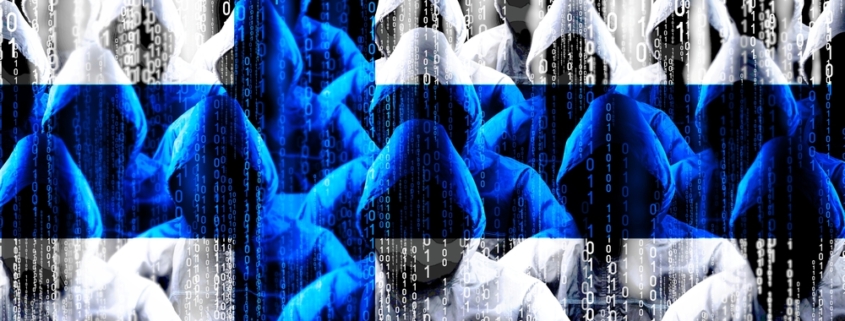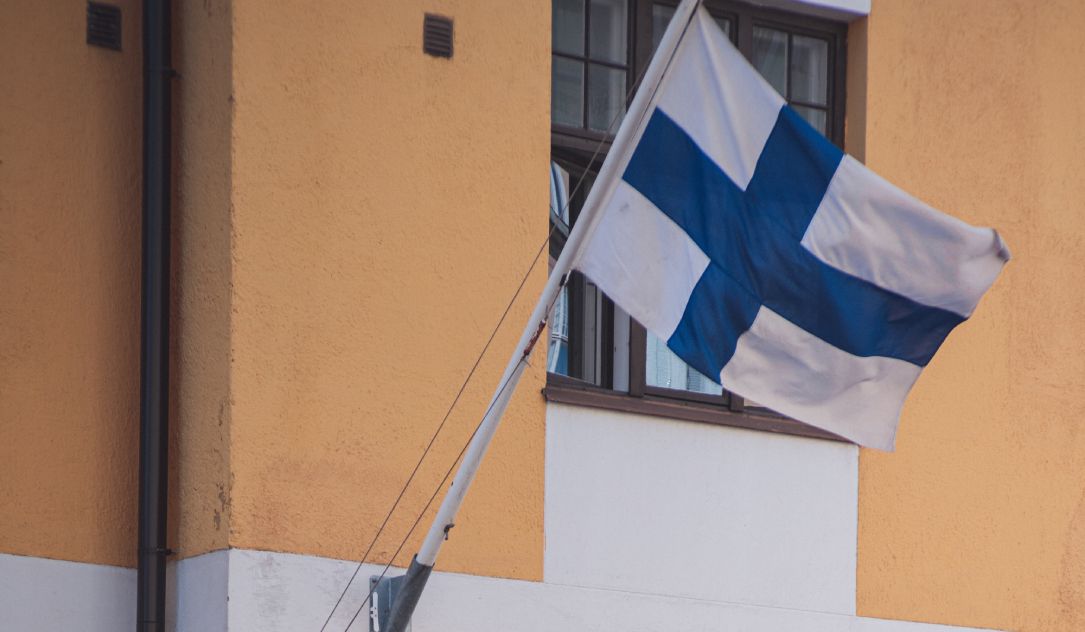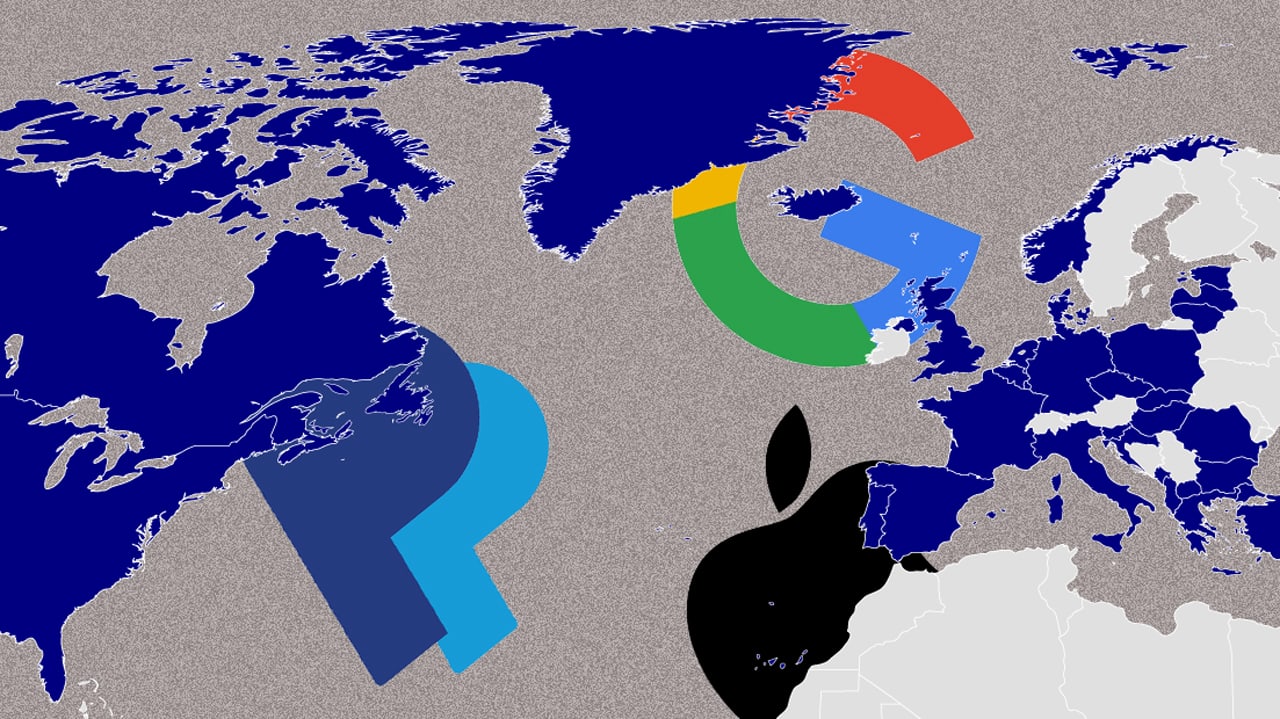Cyberattack On Finland Intensifies, Hits Critical Sectors
The NoName ransomware group, suspected to have Russian affiliations, has reportedly intensified its cyberattack on Finland. The recent wave of distributed denial-of-service (DDoS) attacks has targeted a wide array of critical sectors in Finland.
The NoName cyberattacks have zeroed in on a variety of critical sectors encompassing the Energy Industry Association, which plays a pivotal role in overseeing the nation’s energy policies.
Additionally, Technical Academic TEK, representing technical professionals and engineers, has become a target, signifying a deliberate assault on key intellectual and technical expertise in the country.
Further intensifying the impact, the cyber onslaught extends to Oikeus.fi, Finland’s legal information portal, underlining the hacker group’s interest in disrupting legal infrastructure.
Click here to follow our WhatsApp channel
The Association of Municipalities, a collaborative body uniting local municipalities, faces the brunt of the attacks, impacting the decentralized governance structure.
Simultaneously, the Consumer Disputes Board, responsible for resolving consumer conflicts, becomes another casualty, illustrating a comprehensive assault on various facets of Finnish society and services.
In Detail: Cyberattack on Finland
The severity of the cyberattack on Finland claim is sensed by the diverse industries targeted, indicating a strategic and widespread campaign. If a cyberattack on Finland is proven true, the impact of this multi-industry attack could be far-reaching.
The situation further intensifies with the hacker group’s message, which reads, “We continue to remind the Finnish government how bad the idea of locating a NATO base near Russia is.”

The Cyber Express team conducted a thorough check of the websites reportedly under attack by NoName and found them operating smoothly. However, attempts to glean more details from the affected organizations proved futile, as there has been no official response from any entity as of the time of writing this report.
Previous Cyberattack on Finland
In the first week of January 2024, NoName, a ransomware group launched a series of cyberattacks on several Finnish…




